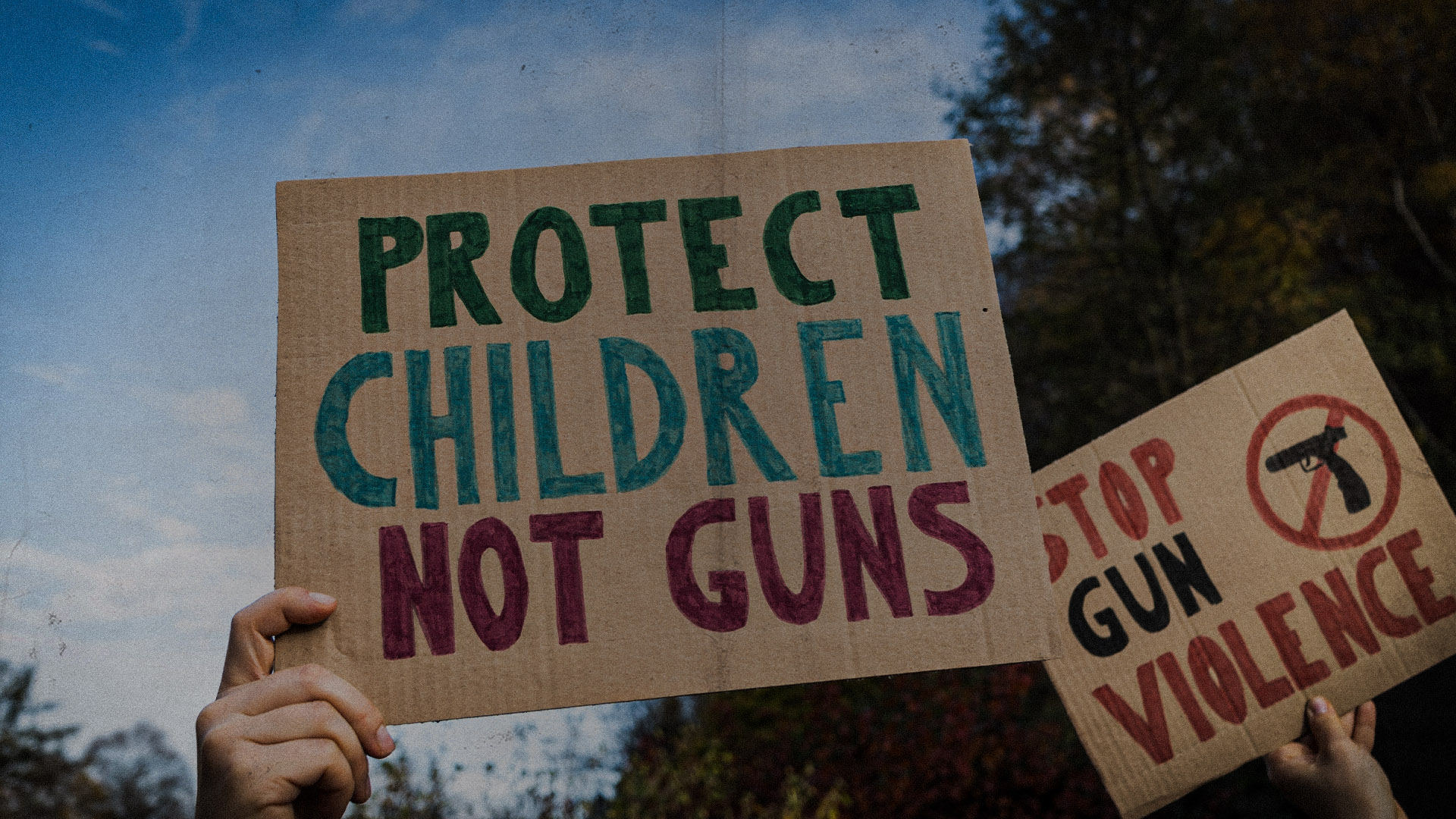After 23 people died in a mass shooting at an El Paso Walmart in 2019, Texas’s Republican leaders swore things would be different. Armed with a racist-Latino manifesto invoking the white nationalist “Great Replacement theory”, the shooter drove to El Paso from North Texas to stop “the Hispanic invasion of Texas.” In the aftermath, Gov. Greg Abbott organized roundtable discussions to find solutions to address extremist ideologies and domestic terrorism in Texas. The governor pledged to make sure “rhetoric will not be used in any dangerous way” moving forward, and Lieutenant Governor Dan Patrick signaled an openness to universal background checks. Still, no emergency legislative session was called, and by the time lawmakers reconvened in Austin, lawmakers–unlike the families of the dead–had moved on.
Three years later, an 18-year-old gunman walked into an elementary school in Uvalde, Texas, and held two classrooms hostage for 77 minutes while law enforcement idled in the hallway. 19 fourth graders and two of their teachers were killed in what would become the worst school shooting in Texas history. The shooter had purchased two guns and hundreds of rounds of ammunition mere days after his 18th birthday, though that was not his first attempt to get a gun. Despite exhibiting “almost every warning sign,” per one counterterrorism expert, Texas law allowed the shooter to arm himself and carry out the shooting. At a press conference in the aftermath of the shooting, Governor Abbott told scared and grieving Texans that “it could’ve been worse.”
No amount of death and carnage has been able to move the majority of lawmakers to support even the most common-sense protections. More extreme, permissive laws are passed each session, even over the objections of law enforcement officers who fear the proliferation of weapons of war and recognize the dire implications for their jobs. Practical reforms like extreme risk protective orders, required reporting of lost and stolen guns, and more comprehensive background checks are often not even given a public hearing.
Gun violence has both direct and indirect consequences for Texas businesses. Everytown for Gun Safety reports that communities that experience gun violence are less likely to experience economic growth and commerce, face lower property values, foster fewer startups, and may experience loss of jobs. If employees on employer-based health plans experience gun violence, the cost to the plans could be significant. Gun violence generates over $1 billion in direct health care costs each year, with survivors’ health care spending rising by nearly $2,500 per month for the year following their injury. Beyond healthcare and economic costs, it is estimated that gun violence costs the U.S. economy roughly $49 billion each year in lost wages and productivity. In Texas, Everytown for Gun Safety estimates that gun violence costs the state $53.1 billion every year.
Our workplaces and our schools are not safe in Texas. No amount of hardening can realistically prevent the next mass shooting in a state with such permissive gun laws, and employees may not want to put their kids in our schools knowing that Texas lawmakers cannot keep them safe. We also know that workplaces are the most common mass shooting sites. Prospective employees may not want to work in Texas office spaces and build their lives in Texas communities knowing that our Legislature has made it easier to buy an assault weapon than a handgun–and, with 2021’s permitless carry law, it’s not hard to get a handgun in Texas.

